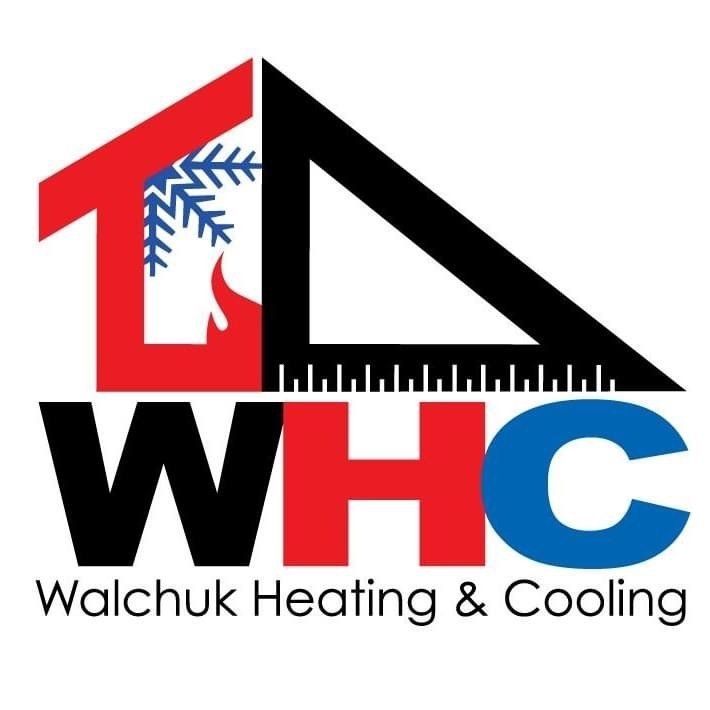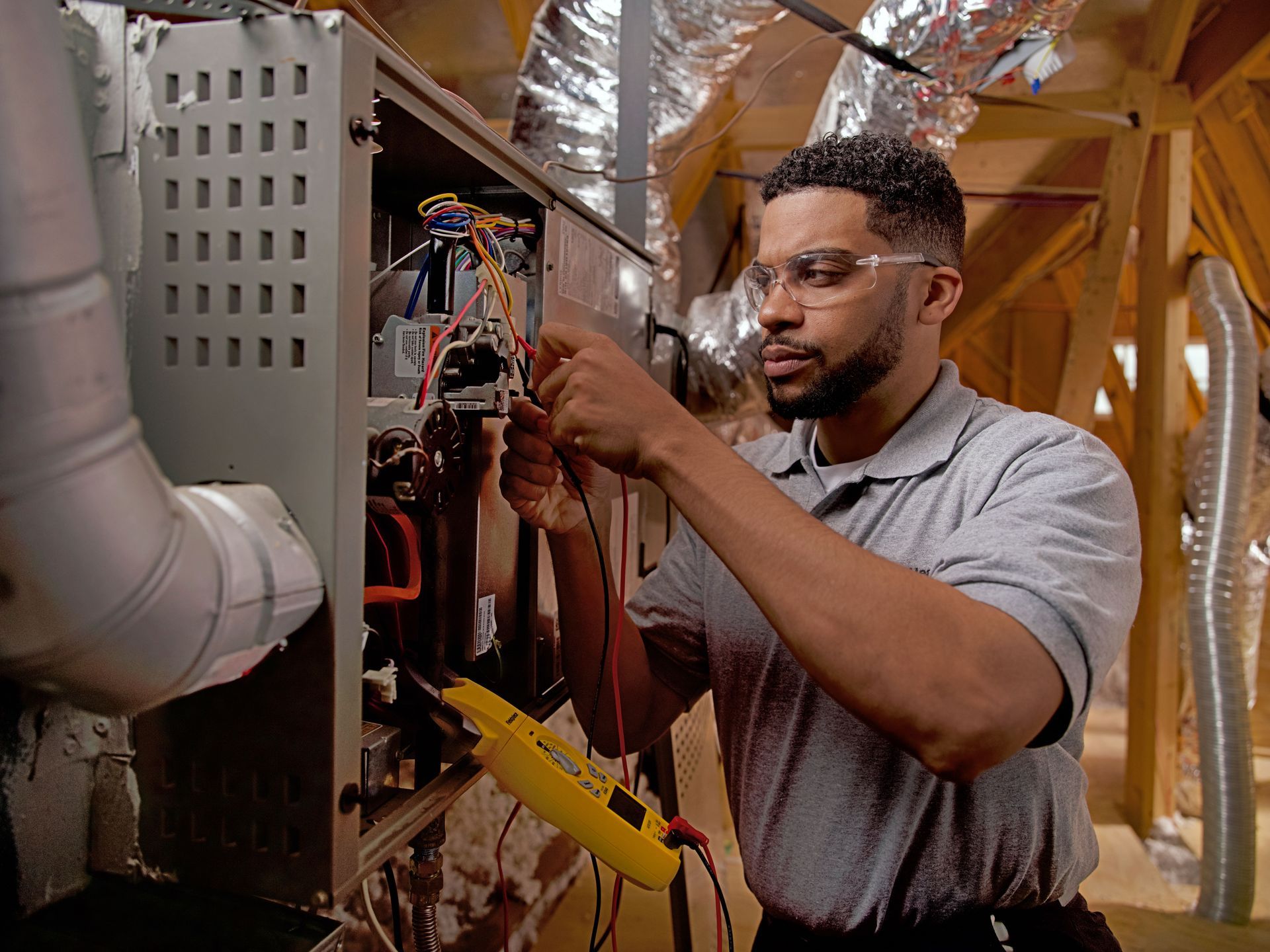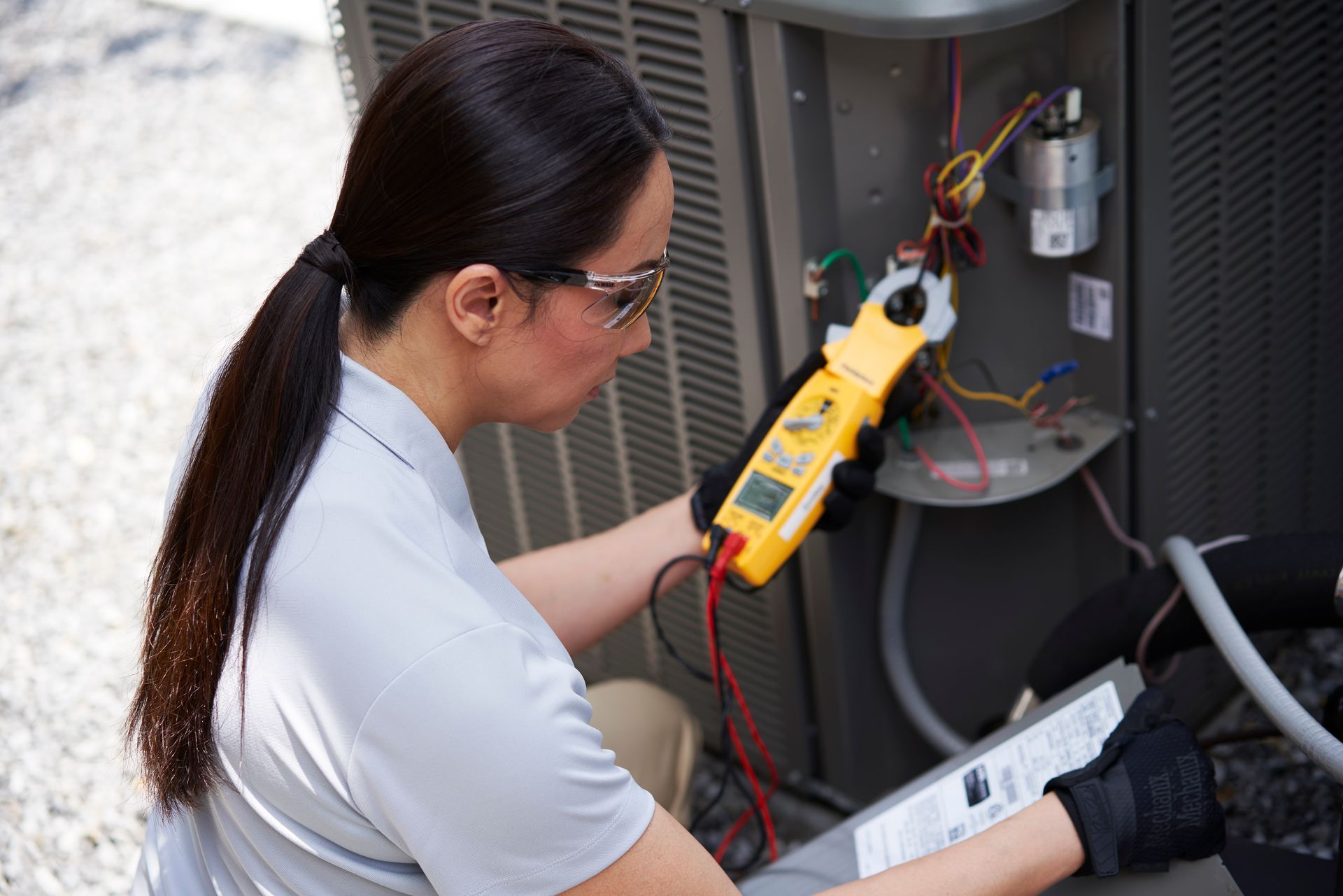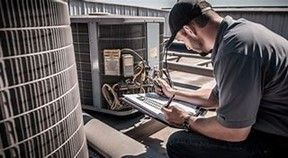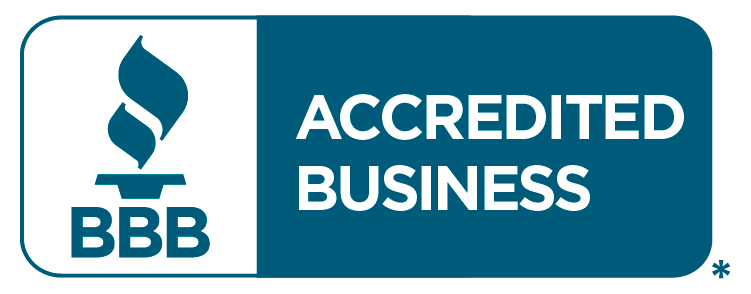Does spending money on regular HVAC maintenance really pay off?
Yes, absolutely it does. Regular inspections and tune ups will prevent breakdowns, extend the life of the equipment, and can even save money on energy bills.
Here’s an example: When dirt and debris build up on the air conditioners coils, fan blades and other parts, the metal begins to corrode. This can lead to refrigerant leaks and system failure. It also creates a strain on the system, forcing your unit to run constantly to keep the space cool, using more electricity in the process.
The same is true for furnaces. Air is constantly moving over the components inside the furnace. Blower motor blades, the circuit board and other electrical components can become caked with dust, which can lead to shorts and malfunctioning switches. Excessive dust in the unit can also lead to hot spots on the heat exchanger causing potential cracks which result in toxic gases being released into the air in your home.
